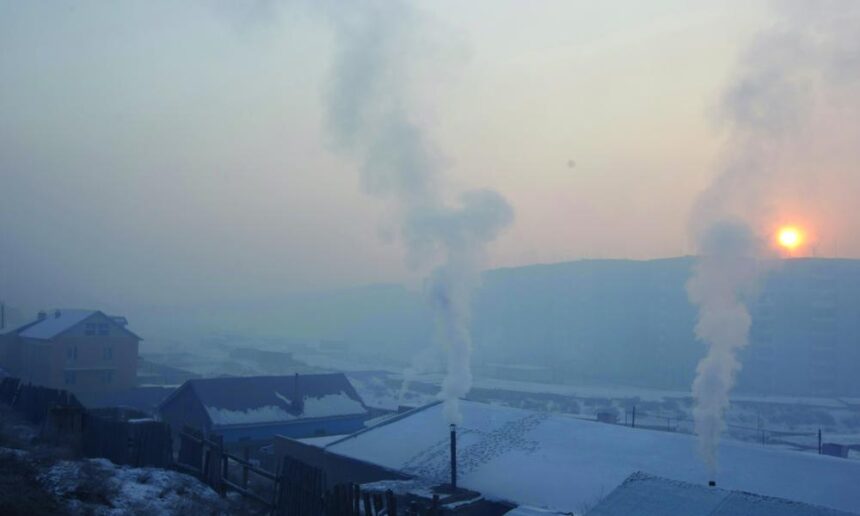In total, there are 140 newspapers (15 daily ones) and magazines, 24 television channels, 20 radio stations and many more online newspapers in Mongolia today. According to the Press Institute of Mongolia, these numbers above are greater than those in such developed countries as Great Britain, Denmark and Norway. Also, it appears that there are more than 20 weekly newspapers, most of which is published by MONTSAME agency, “Egel” company and “Ulaanbaatar Press” group. Furthermore, “Bilegt Dulguun” company receivesthe highest income from magazine sales while “Irmuun” agency publishes the greatest number of magazines in Mongolia. Those numbers may represent the existence of freedom of speech, expression and the press in our society. However, we are in danger of losing that freedom because we have unknowingly become too dependent on mass media.
Rumors about the real owners of daily newspapers are everywhere and almost everyone can tell which of those newspapers belong to what political parties or fractions by their content. Those real owners of media are secretly controlling the content of newspapers, television channels and websites and influencing their readers whenever they feel the need to.Mass media in Mongolia tends to clearly protect a particular interest instead of viewing an issue from a diversity of perspectives.At first glance, mass media may seem that it is covering a lot of topics from different angles, but, in fact, it is being used for publicizing their owners, their companies or other political purposes such as bringing down their opponent’s reputation.
By masking by so-called cooperation agreement with media organizations, wealthy companies and people are publicizing themselves, keeping their wrongful actions secret or making mass media misinterpret those actions for their own good.Mass media is capable of influencing people’s minds and choices and, therefore, itis a strong weapon of an ideological propaganda.There is already a trend of wiping out political opponents, acquiring and preserving political power by boostingor destroying someone’s reputationby using mass media.Theoretically, if one has enough money, he can buy the entire mass media in Mongolia because the Law on Freedom of the Press (1998) does not include any restrictions on that. It means that people might not know anything at all when one person buys the entire mass media and fully controls its content for his political or business interests.
In this era of globalization, where means and scope of mass media along with channels of delivering information are developing in many different ways, Mongolia needs to keep its mass media independent and professional.In order to do this, information about the owners and shareholders of media organizationsmust bemade available for public.If we are not doing this by Mongolians, then foreign media will do it. They analyze and cover faster everything newsworthy happening in the countryand Mongolians may only translate them and publish. It is the way of future unless mass media in democratic Mongolia becomes truly independent, prompt and sensitive. A clear example is the recent development aboutattempt of amending Oyu Tolgoi agreement, which was covered internationally very broadly.
Concentration of media ownership has already begun in the country since every political party and its different fractions are buying popular mass media institutions as a whole or acquiring their shares for the purpose of protecting their political interests and expand their influence on society. As a result, journalists are becoming more and more dependent on their owners, who are strangling investigative journalism, and audience is receiving increasing amount of inaccurate and unbalanced information. If we know who owns the mass media, we will be able to find out who has the real power on people’s mind. In order to restrict media concentration in one hand, protect media pluralism and ensure the freedom of the speech along with media independence, laws regarding media must be improved. Among many issues the new law must require disclosure of shareholders in media institutions and their shares, or changes related to owners must be released to public annually or when it happens.In the end, professional and independent media is theonly guarantee of protection of real freedom, democracy and human rights and these priceless values are truly irreversible in Mongolia.
Translated by B.Amar







